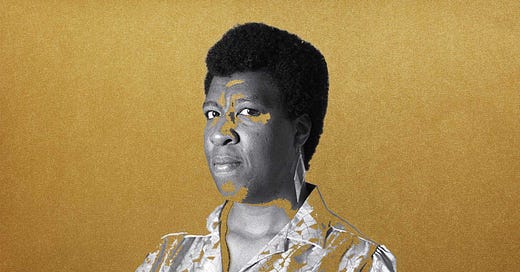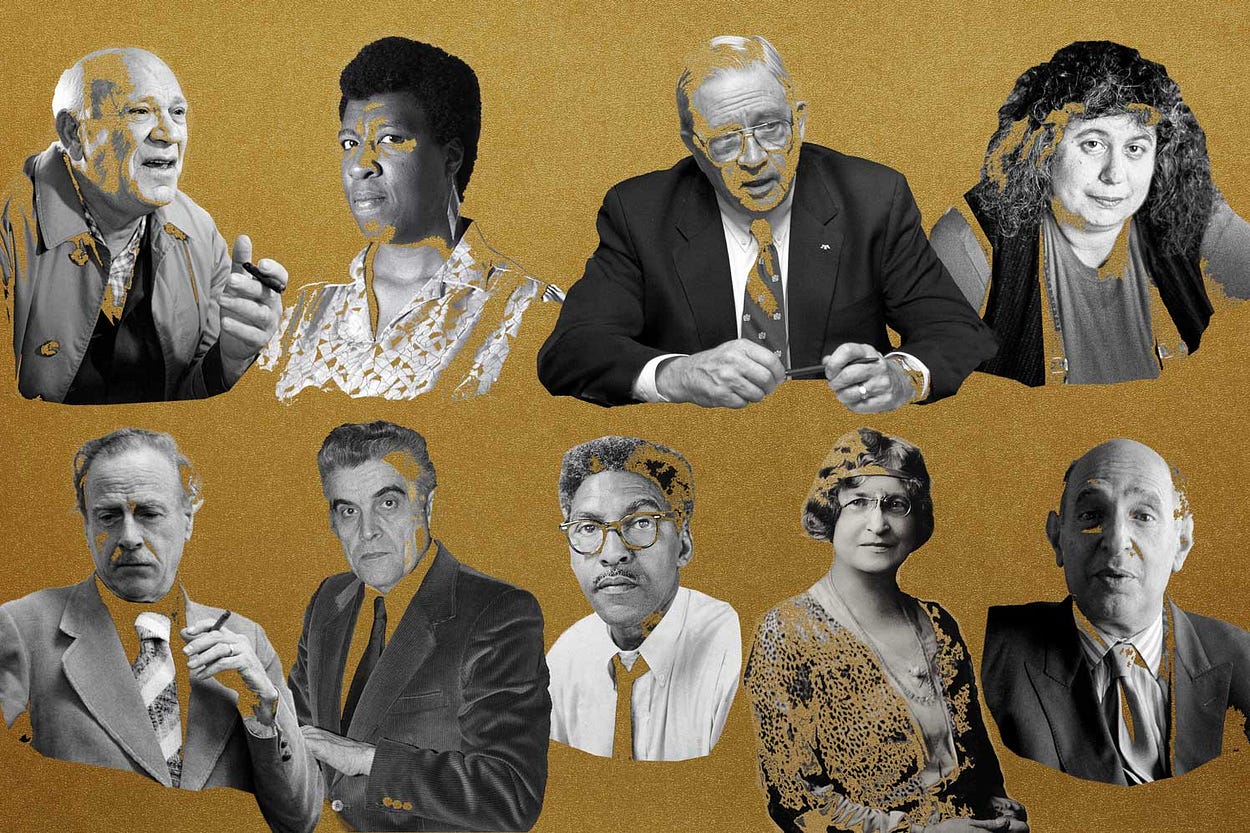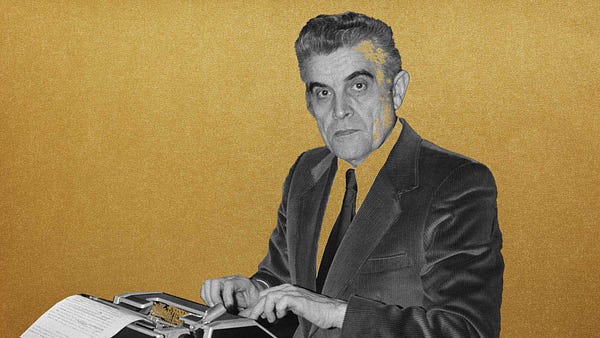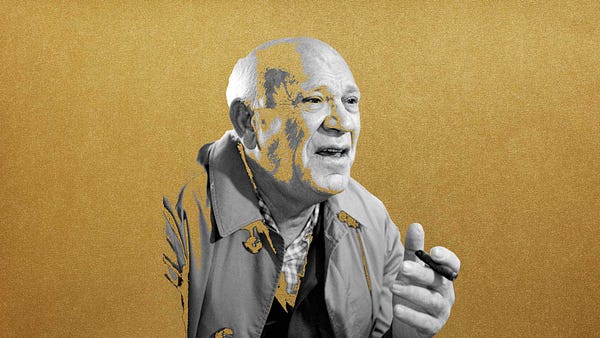
Welcome back to The Prophets, our Saturday series about fascinating people from the past who foresaw our current moment. Last week, Rob Henderson paid tribute to Eric Hoffer, the blue-collar philosopher who explained how mass movements form, and warned about a society ruled by elites.
Today, Tiya Miles writes about science fiction writer Octavia Butler, who predicted the political, technological, and environmental forces that would roil the twenty-first century.
Somehow she knew this time would come. The smoke-choked air from fire gone wild, the sweltering heat and receding lakes, the melting away of civil society and political stability, the mass addiction to powerful synthetic drugs, the rolling back of women’s control of reproduction, and the light-year leaps in artificial intelligence—Octavia Butler foresaw them all.
Butler was not a climate scientist, a political pundit, or a Silicon Valley technologist. The author of imaginative and often disturbing speculative fiction, she was a black woman descended from enslaved people in Louisiana, raised by a strictly religious mother in Southern California, educated at community and regional colleges, and besieged by feelings of professional marginalization for most of her too-short life.
In the 1980s and 1990s when she was conceiving her now-classic work of dystopian fiction, Parable of the Sower (1993), through the noise of late-twentieth-century American culture, Butler heard a signal: the future would not be like the present; it would, instead, be a techno-juiced doppelganger of the past.
“We do keep dragging each other back to various and sundry dark ages,” she said in an interview in 1997. “We appear to be in the process of doing it again now.”













